A computer can memorise nearly 1 billion passwords per second
By MYBRANDBOOK
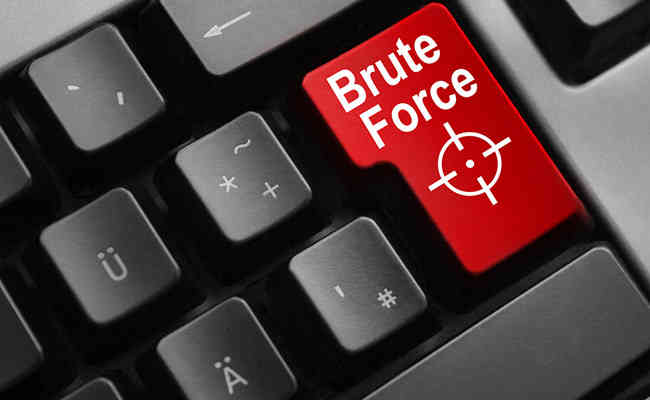
Passwords an IT context emerged in the 1960s with mainframe computers – large centrally operated computers with remote “terminals” for user access. They’re now used for everything from the PIN we enter at an ATM, to logging in to our computers and various websites. Until relatively recently, a good password might have been a word or phrase of as little as six to eight characters. But we now have minimum length guidelines. This is because of “entropy.”
Taking in simple language, passwords are a set of characters, numbers, letters brought together to keep the information of the user safe and confidential.
When talking about passwords, entropy is the measure of predictability. The maths behind this isn’t complex, but let’s examine it with an even simpler measure: the number of possible passwords, sometimes referred to as the “password space.”
If a one-character password only contains one lowercase letter, there are only 26 possible passwords (“a” to “z”). By including uppercase letters, we increase our password space to 52 potential passwords.
The password space continues to expand as the length is increased and other character types are added. However, the problem with depending on password complexity is that computers are highly efficient at repeating tasks – including guessing passwords.
Last year, a record was set for a computer trying to generate every conceivable password. It achieved a rate faster than 100,000,000,000 guesses per second.
By leveraging this computing power, cybercriminals can hack into systems by bombarding them with as many password combinations as possible, in a process called brute force attacks.
And with cloud-based technology, guessing an eight-character password can be achieved in as little as 12 minutes and cost as little as US$25.
Also, because passwords are almost always used to give access to sensitive data or important systems, this motivates cybercriminals to actively seek them out. It also drives a lucrative online market selling passwords, some of which come with email addresses and/or usernames.

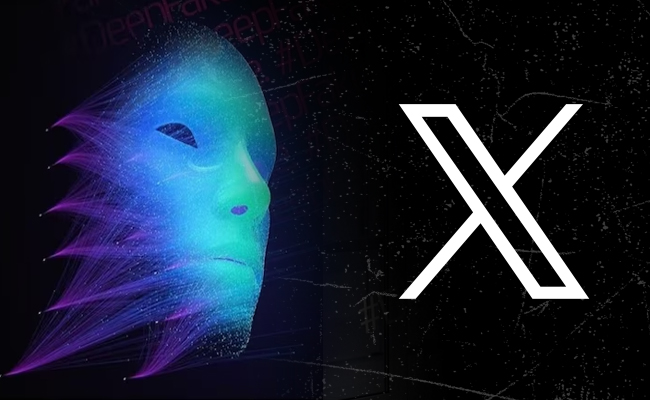
The latest version of X helps prevent deepfakes on social medi
To combat deepfakes and shallowfakes, Elon Musk revealed a new update t...
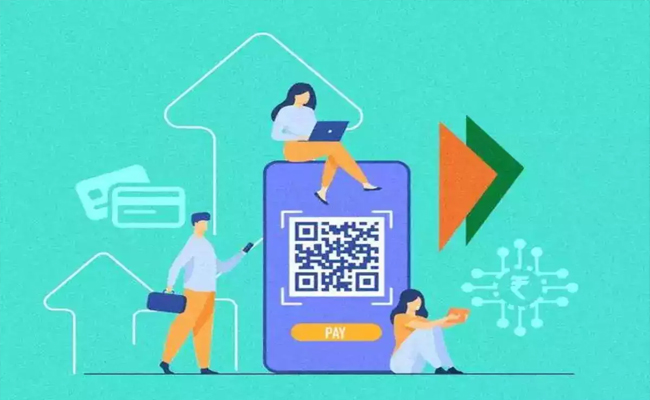
India and Namibia collaborate on a payment system similar to U
Once operational, the platform will enable digital transactions in Namibia,...

Sebi issues show-cause notices to six Adani group firms
Sebi issued show-cause notices to six Adani Group firms, including Adani ...
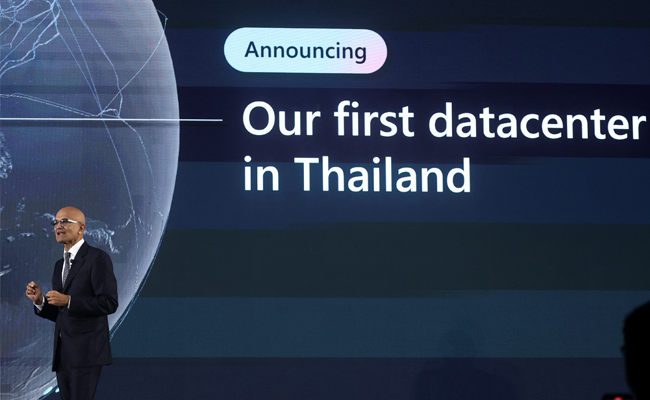
Microsoft to build a new data centre to support Thailand's tec
Microsoft has revealed intentions to construct a regional data centre as w...


Technology Icons Of India 2023: Bhavish Aggarwal
Ola CEO Bhavish Aggarwal had formed Ola-India’s largest mobility pla...

Technology Icons Of India 2023: Harsh Jain
Harsh Jain is an Indian Entrepreneur, the co-founder and CEO of the In...

Technology Icons Of India 2023: Dr. P D Vaghela
Dr PD Vaghela serves as the Chairperson of Telecommunications Regulato...

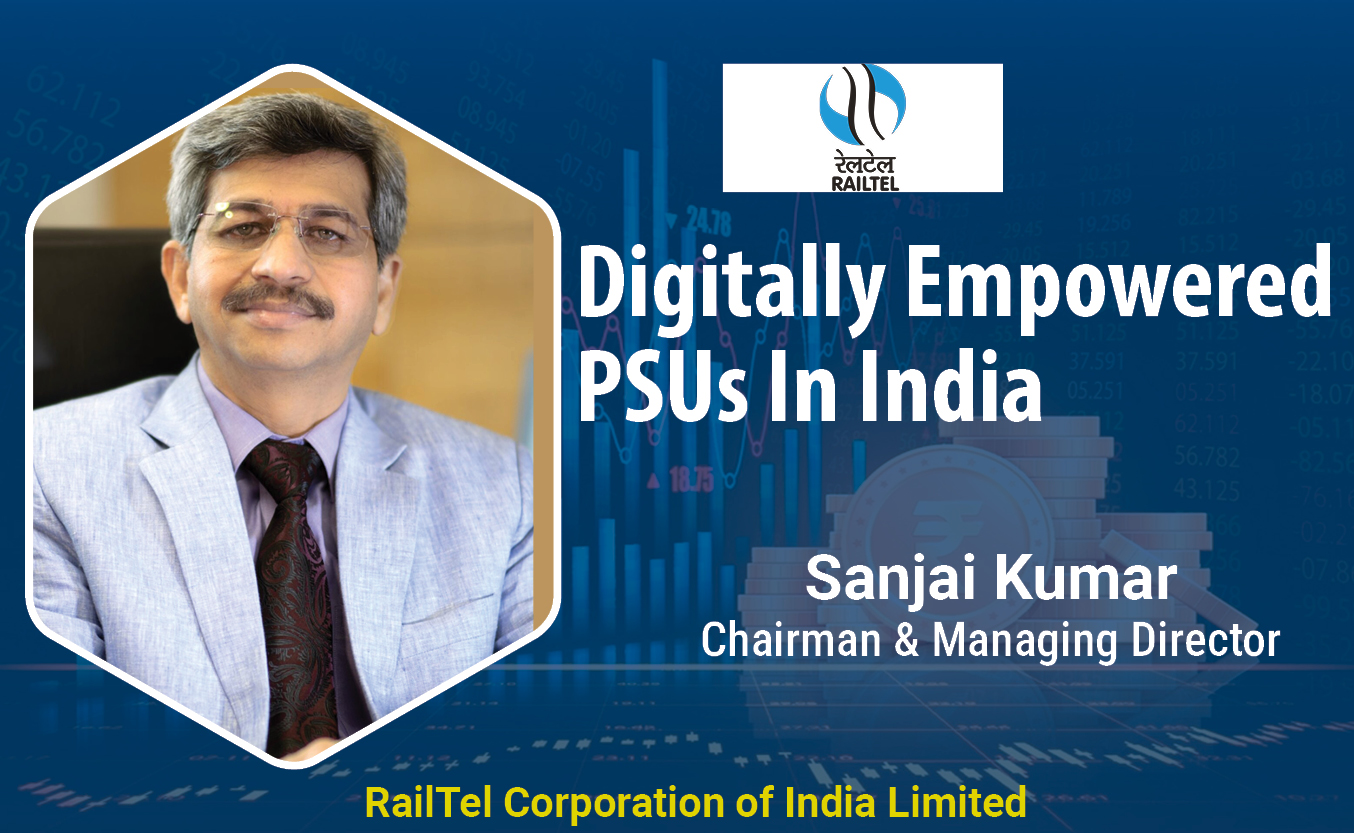
RailTel connecting every corner of India
RailTel is an ICT provider and one of the largest neutral telecom infr...
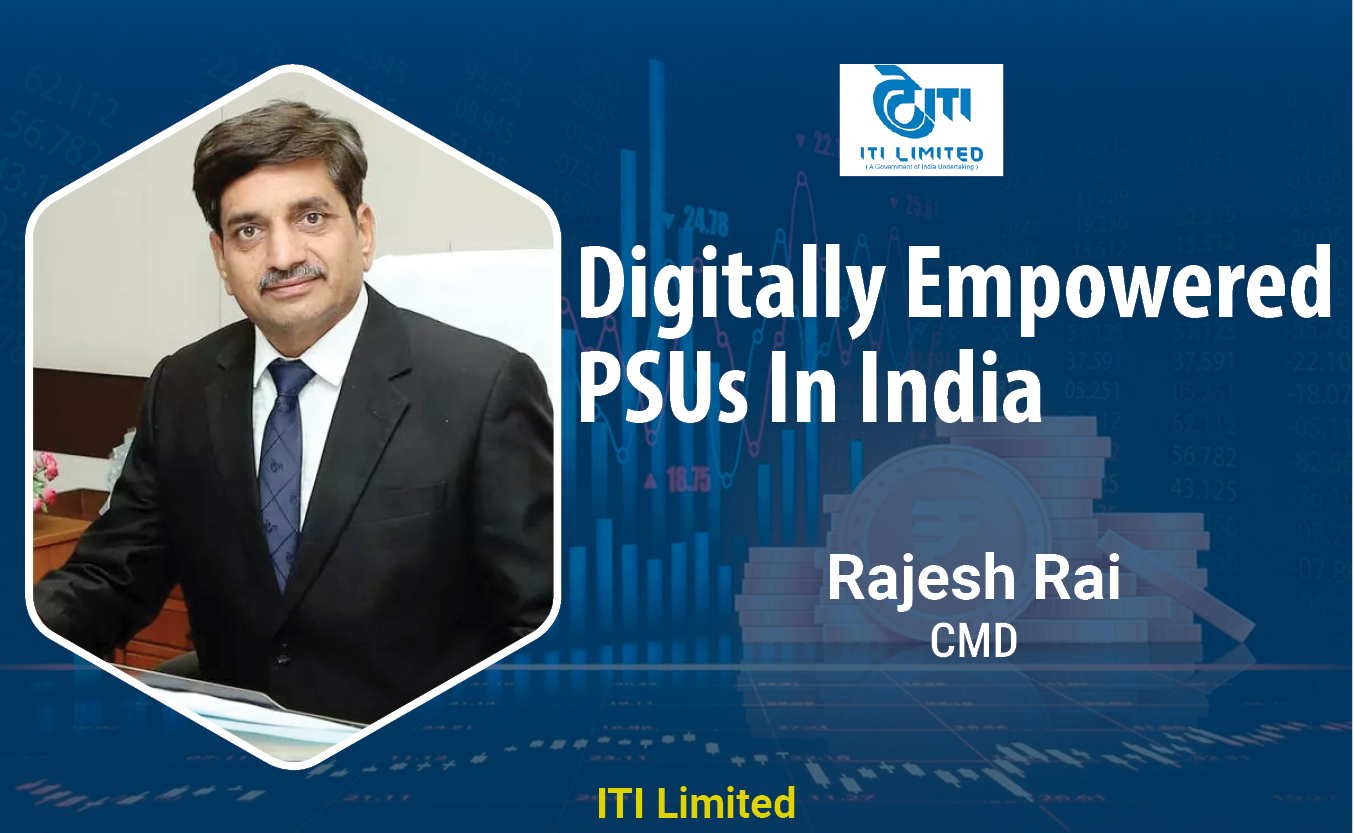
ITI Limited widening its focus area
ITI Limited is a public sector undertaking company, has manufacturing ...
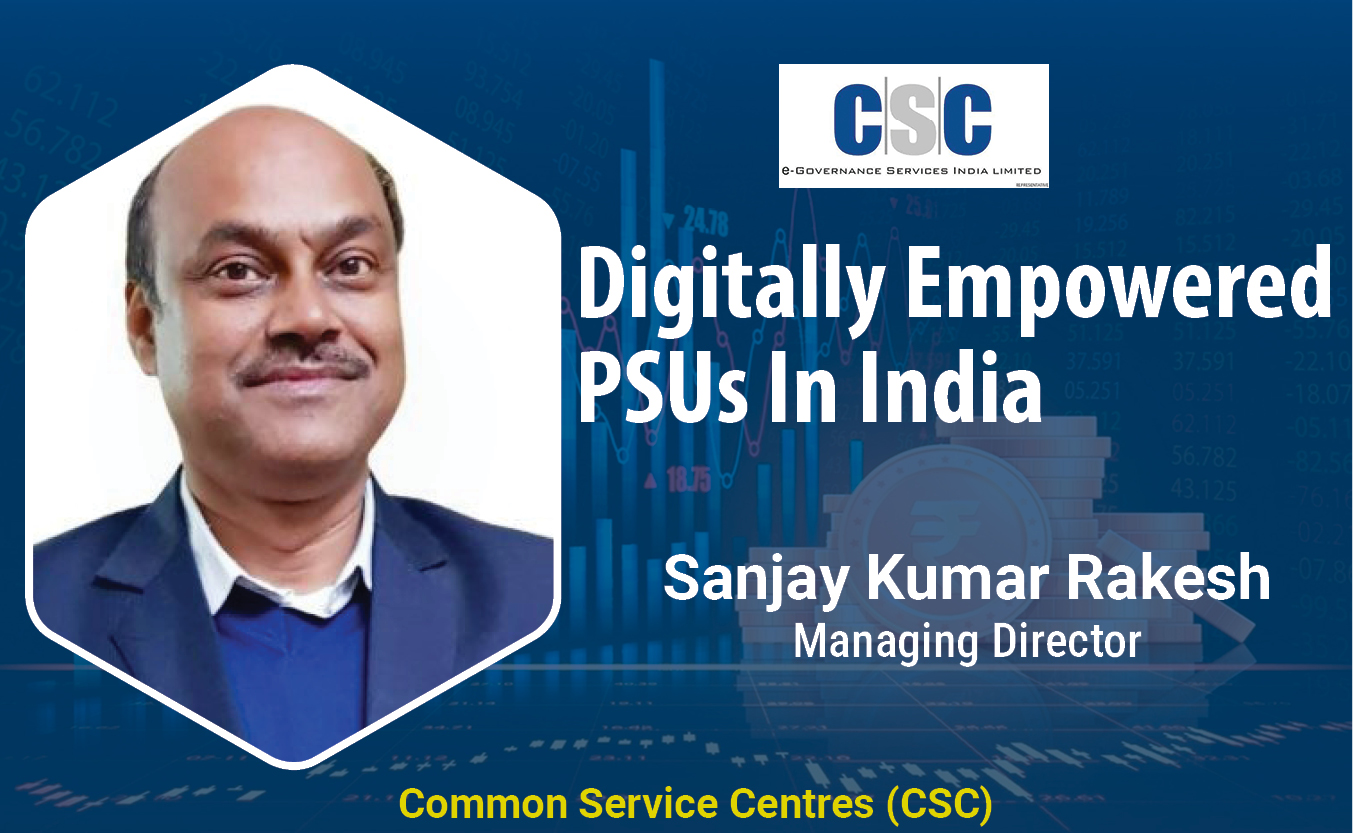
CSCs enabling rural India digitally empowered
Common service centres (CSCs) are digital access points under the Digi...


TEXONIC INSTRUMENTS
Texonic has carved a niche for itself in the Technology Distribution i...

M. TECH SOLUTIONS (I) PVT. LTD.
M.Tech is a leading cyber security and network performance solutions ...

EXCLUSIVE NETWORKS SALES INDIA PVT. LTD.
Exclusive Networks is a globally trusted cybersecurity specialist hel...